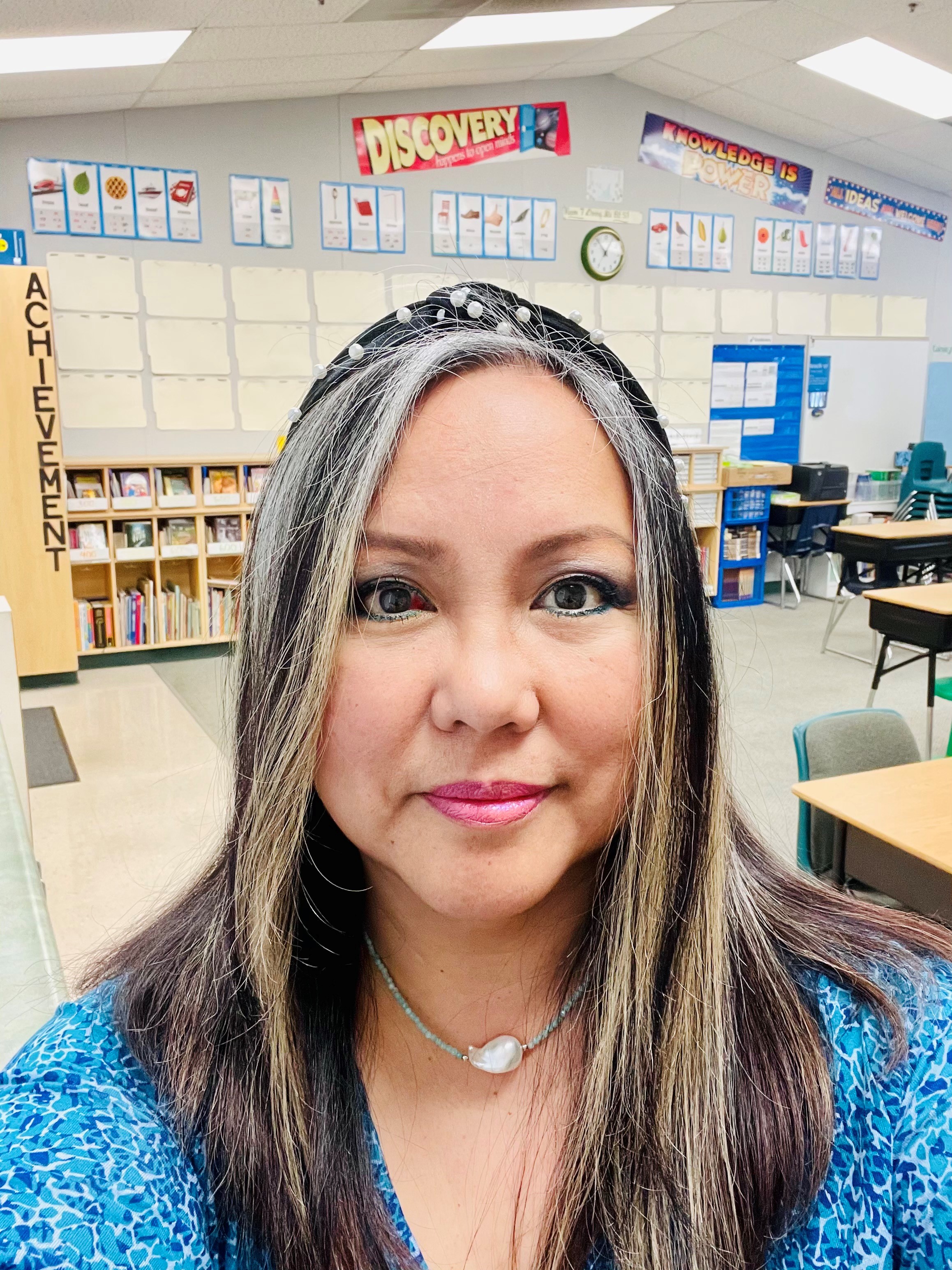GSOE Student Projects Aims To End Teacher Burnout
Doctoral projects aims to aid teachers

Teaching is a profession of passion. Classroom teachers are so often attracted to their profession by the driving need to want to make a difference in the world through enhancing the lives of their students. Truthfully, most everyone has a favorite teacher, someone who made learning interesting, fun, and enjoyable.
Teachers, however, have faced increasing challenges in and out of the classroom that have made the job less rewarding at times, have caused some to leave the profession entirely, and others to question if this is the right career choice for them.
Burnout is a troubling issue among teachers across the nation. Julie Meyer-Houston, a student in Touro University California’s initial cohort of doctoral students seeking their Education Doctorate – held jointly with Touro University Nevada and soon transitioning to a freestanding TUC Ed.D. program – is seeking to find ways to help classroom teachers ‘burn in.’
Meyer-Houston, a classroom teacher herself, saw the way COVID-19, labor shortages, clashes over pay raises, and general classroom unruliness were grinding down her colleagues. She wanted to do something to keep the fires lit within herself and her fellow teachers, but the issues facing the profession required policy-level changes and beefier academic credibility.
She originally came to TUC as a Master’s student in the Graduate School of Education with assistance through NapaLearns, graduating in 2017. In 2019, Meyer-Houston earned a NapaLearns Fellow of the Year award and had an opportunity to make a short address.
As it turned out, one of the audience members that day was TUC Provost and Chief Academic Officer, Dr. Sarah Sweitzer.
Seeing the need for a Doctoral in Education program, Meyer-Houston took her shot.
“So I just asked her (Dr. Sweitzer) when are we going to start a doctoral program,” Meyer-Houston said with a laugh. “Here we are just a few years later and it’s materializing.”
What Meyer-Houston is hoping will eventually come of her doctorate is a changed mindset – among teachers, but also among districts and policy-makers.
“I’d like to … understand ways of recreating our educational system so it is more apt to allow teachers to thrive, which allows students to thrive,” Meyer-Houston said.
Part of her work in the Ed.D. program revolves around how to craft messaging to policymakers that encourages changes that makes teaching a more desired career, which Meyer-Houston’s research revealed wasn’t necessarily the case now.
In a poll of teacher staffing professionals across the country, 100-percent said it was harder to hire substitute teachers, and three-quarters or more said they had few applications for teaching vacancies, more teacher absentee days, more teacher resignations and little belief that things would improve soon.
That’s a long-term problem. What about the short-term problem of teacher burnout?
Meyer-Houston’s work has addressed that, too.
“I started out focusing on the negativity of the past, but I really wanted to turn the focus on what is happening now,” Meyer-Houston said.
Stress from higher workloads, extended hours, and the inability to properly recover physically and mentally from these factors existed prior to COVID-19. Distance learning, improper tech equipment and training, and student inattention away from the classroom setting exacerbated this stress. That stress hasn’t diminished any now that students have largely returned to campus.
This burden affects teacher quality of life, quality of instruction and negatively affects student performance, Meyer-Houston said.
“I turned the question around and started thinking, ‘well…how do we fix this?’”
The key is a change of mindset, she said. It sounds simple but Meyer-Houston doesn’t mean to trivialize the challenge.
“I’m not saying we’re going to yoga and breathe our way out of this,” she said. “We have a passion-driven career, so we (teachers) tend to ruminate on lots of little things. We have to learn to let go of the things that are out of our control.”
This, in part, involves finding a way to develop a sense of resilience, self-compassion and self-kindness.
It’s OK, she says, for teachers to feel stress, angst and frustration with their jobs for a variety of reasons. Meyer-Houston is hoping to equip teachers, through continued research, with the tools that allow them to effectively manage that angst in a way that ultimately is professional and personally beneficial and has a positive outcome for students.
Meyer-Houston said the continuous support from Dr. Pamela Redmond at Touro California and Dr. Patricia Henry at Touro Nevada has made pursuit of her Ed.D. degree as effortless – to the extent a doctoral program can be considered effortless – as possible.
